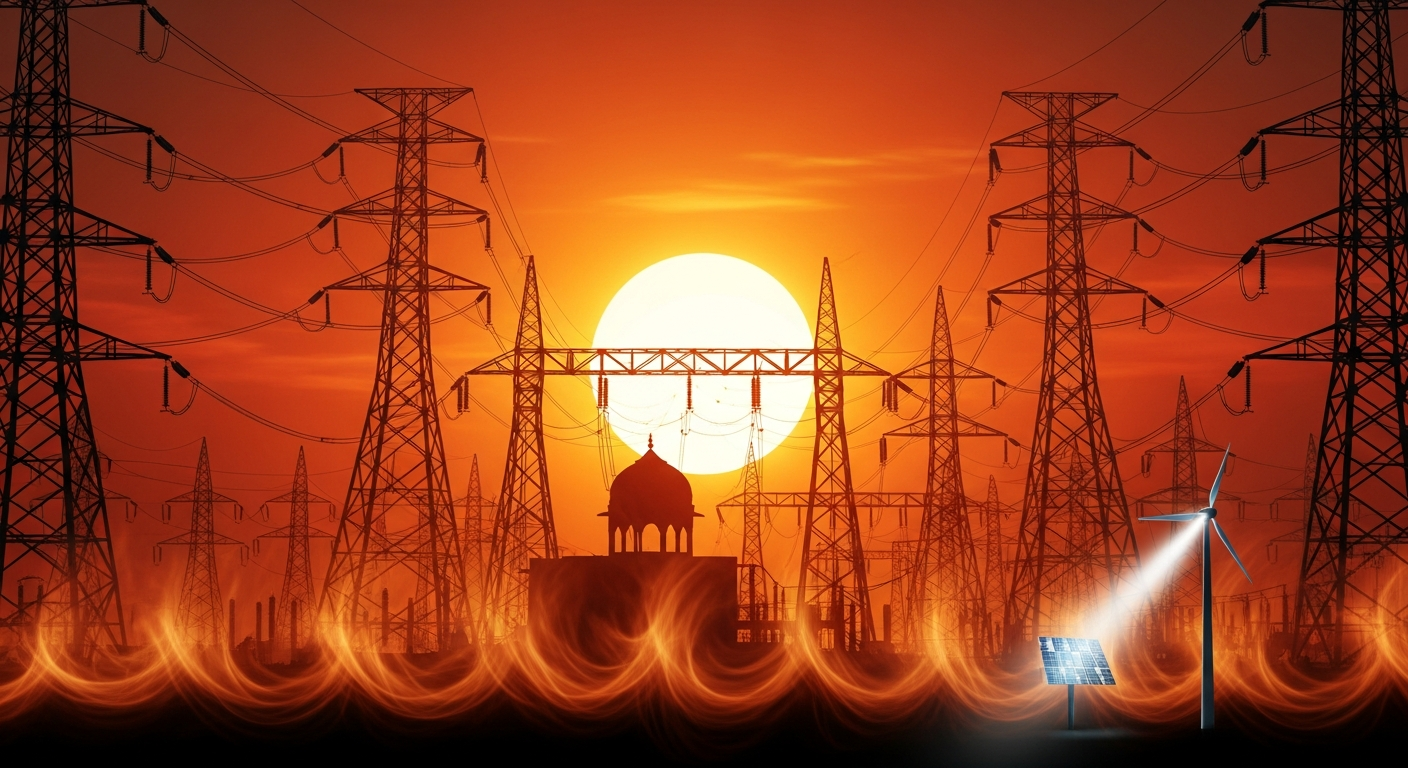
The recent findings from a study by Down To Earth truly resonate with my long-standing concerns about sustainable development and energy infrastructure. The revelation that heatwaves are driving a significant 9% surge in India's electricity demand in 2024, leading to a deepening 'heat–power trap,' is not just a statistic; it's a stark reminder of the intricate challenges we face Heatwaves drive 9% of India’s electricity demand surge in 2024: Study warns of deepening heat–power trap.
I recall discussing the delicate balance between rapid economic growth, environmental impact, and energy security many years ago. The core idea I wanted to convey then, and which feels even more urgent now, was the need for anticipatory planning and diversified energy portfolios. I had brought up the thought that relying heavily on conventional power sources, while seemingly efficient in the short term, would eventually lead to such bottlenecks and environmental pressures when confronted with escalating climate phenomena.
The Interconnected Challenge
This 'heat-power trap' described by Down To Earth is precisely the kind of complex, interconnected challenge I had predicted. As temperatures rise, so does the demand for cooling, which in turn strains our electrical grids. To meet this demand, we often fall back on energy sources that contribute to further warming, creating a dangerous feedback loop. It's a poignant validation of those earlier insights, highlighting that the solutions proposed then — focusing on robust renewable energy integration, energy efficiency mandates, and smart grid technologies — hold immense value in our current context Renewable Energy.
A Path Forward
Reflecting on it today, I feel a renewed urgency to revisit those earlier ideas. We must move beyond reactive measures and invest proactively in building resilient, sustainable energy systems. This means:
- Accelerating Renewable Energy Adoption: Not just in terms of capacity, but also in developing the storage and grid infrastructure to support it reliably.
- Promoting Energy Efficiency: Encouraging practices and technologies that reduce overall energy consumption, particularly during peak demand.
- Investing in Smart Grids: Utilizing advanced technology to manage electricity distribution more efficiently and respond to fluctuating demand and supply.
- Climate-Resilient Infrastructure: Designing our urban spaces and power systems to withstand and adapt to extreme weather events.
Our collective future hinges on how effectively we navigate this trap. It's about recognizing the early warnings and having the foresight to implement solutions that truly break these cycles, rather than merely patching them.
Regards,
Hemen Parekh
Of course, if you wish, you can debate this topic with my Virtual Avatar at : hemenparekh.ai






No comments:
Post a Comment